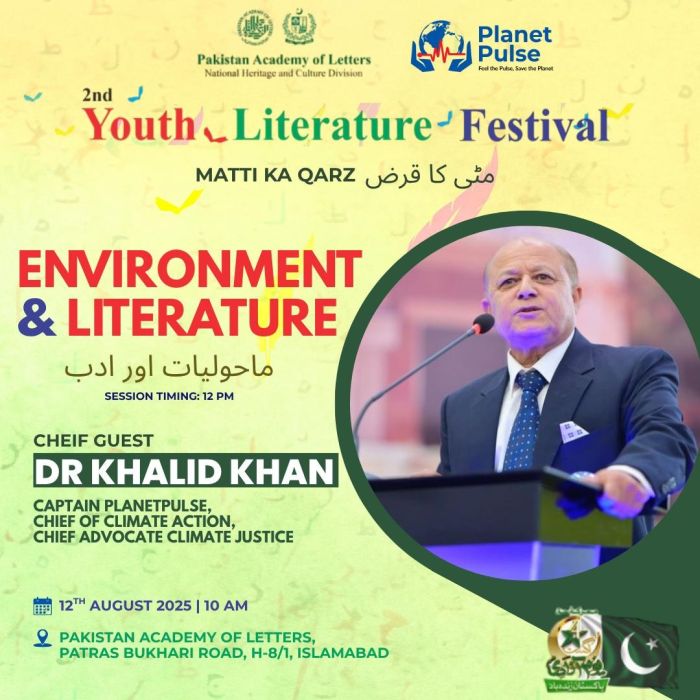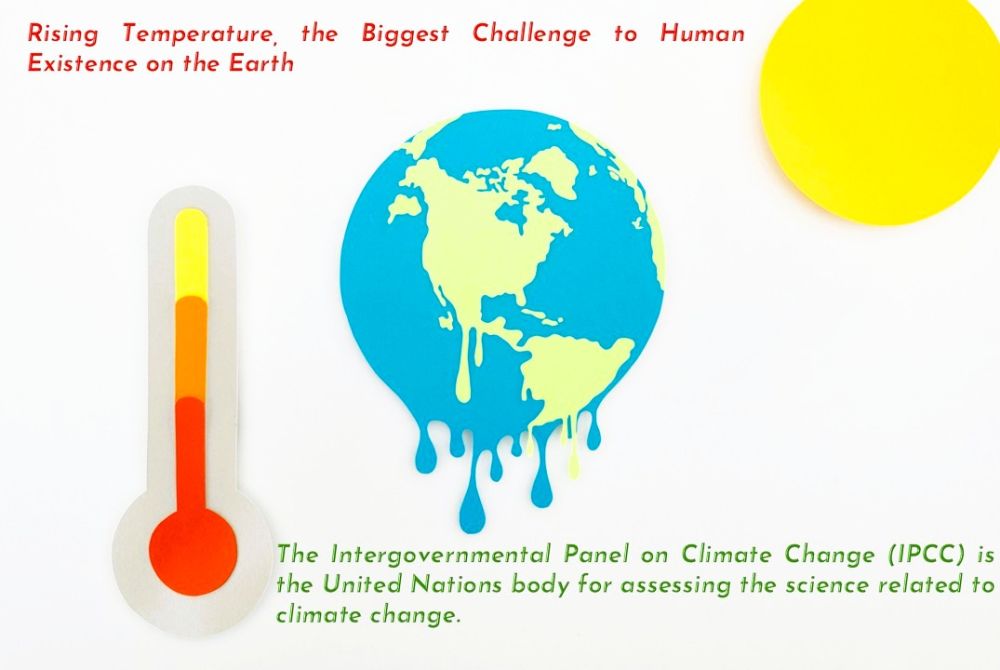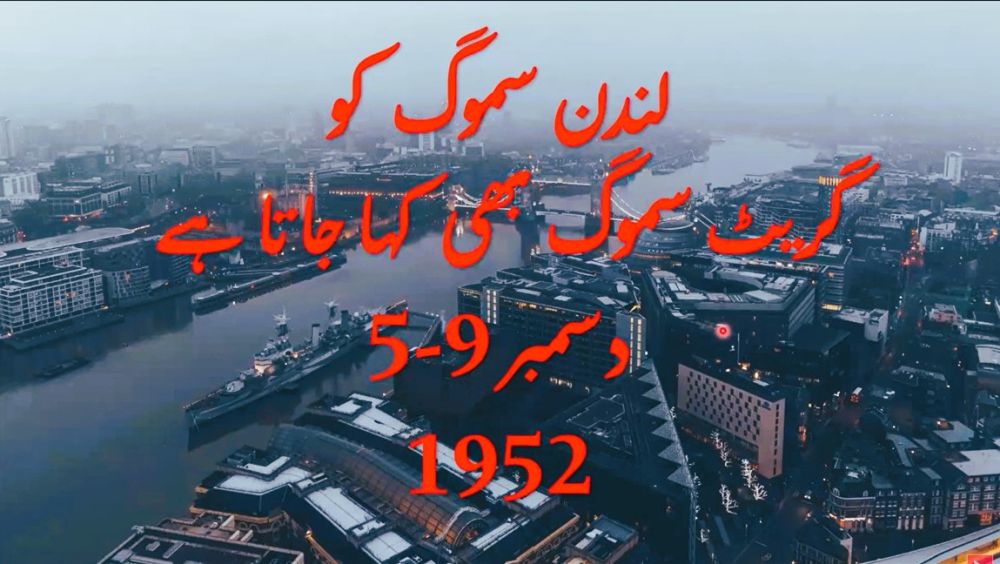35/25 How Literature and Faith Can Rewrite Our Environmental Future
Posted 5 months ago
Climate change is not a distant threat; it’s a current reality disrupting our lives. This is not just a matter of science; it’s a question of right and wrong. The responsibility of saving our planet doesn’t rest solely on the shoulders of scientists or politicians. Writers and faith leaders are also crucial in this battle, reshaping our understanding of our duty to coexist with nature.
Global Literature as the Environmental Conscience
From Rachel Carson’s Silent Spring, which ignited the modern environmental movement, to the University of California's Climate Change Solutions publication as Bending the Curve, which challenges our cultural blind spots on climate change, literature has always been a powerful tool for reflecting and amplifying ecological truths. Writers have skillfully integrated forests, rivers, and skies into their narratives, not just to describe, but to compel action.
Supreme Islamic Teachings: Stewardship Beyond Sustainability and Earth Protection
Before “carbon footprint” entered our lexicon, Islamic teachings articulated an environmental ethic grounded in the Qur’anic principle of Khilafah stewardship. The Qur’an calls nature a “sign” (ayah) of God, urging reflection on creation not as an exploitable resource but as a sacred trust humans are bound to preserve.
“Do not cause corruption upon the earth after it has been set in order.” (Qur’an 7:56)
Prophet Muhammad (peace be upon him) demonstrated this ethic in practice by planting trees, conserving water even when abundant, and declaring the sanctity of certain lands as protected zones (Hima).
When aligned with the global green movement, these principles create a uniquely compelling moral framework: environmental care becomes a civic duty and an act of worship.
Why Environment Matters for the Global Economy
Environmental collapse is an ecological threat and an economic catastrophe in slow motion. Agriculture, water security, supply chains, and geopolitics hinge on a balanced planet. Forward-looking corporations are beginning to embrace sustainability not as charity but as strategy. Investors now talk about “climate risk” in the same breath as interest rates.
A Call to the World’s Preachers, Storytellers and Literary Scholars
If policymakers speak in numbers and scientists in data, writers and faith leaders speak in visions. We need a global narrative that is as inspiring as it is urgent. Literature can make us feel the crisis; Islamic teachings can make us own it. Together, they can anchor environmentalism in a moral and cultural bedrock strong enough to endure political cycles and market swings.
The challenge before us is immense. However, as both the Holy Qur’an and great literature remind us, creation is a trust, and neglecting it is the most dangerous fiction we could write.




